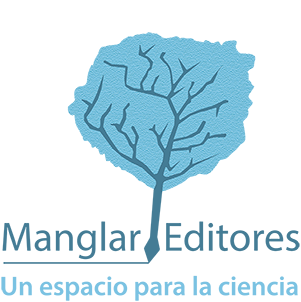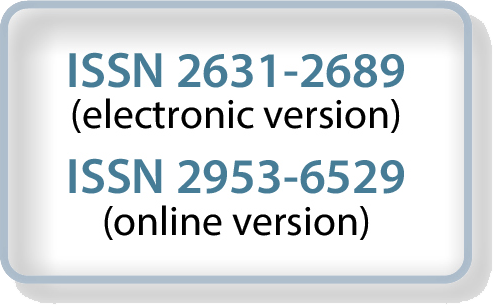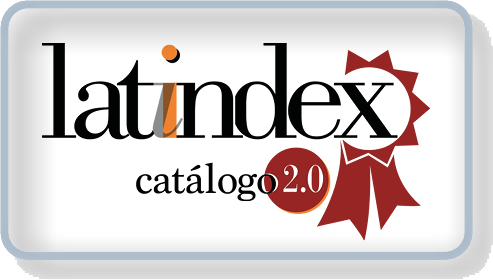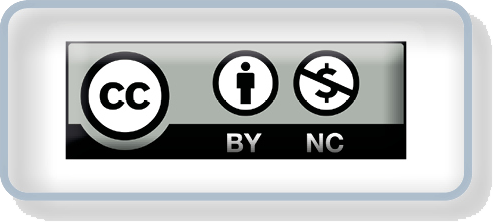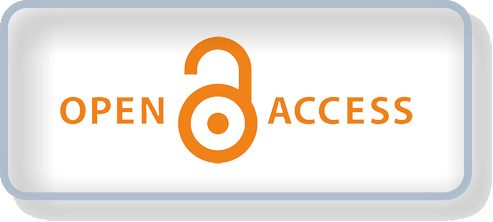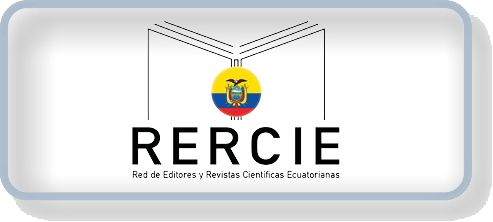Publish or Perish in the Age of AI: A New Challenge for Academics?
DOI:
https://doi.org/10.64736/ueplc.2025.v8.n1.edKeywords:
authors, teacher evaluation, ethics of science, scientific publications, artificial intelligence, publishing, thinkingAbstract
The academic pressure imposed by the publish or perish model is analyzed, as it has turned productivity into an indicator of professional success, generating negative effects on ethics, teaching, and faculty well-being. It also addresses the impact of artificial intelligence on scientific production and the ethical challenges related to authorship and the authenticity of knowledge. Based on the Human Authored certification proposal, the need to promote a balance between technological innovation, research ethics, and academic integrity in higher education is emphasized.
Downloads
References
Authors Guild. (2025, January 29). Authors Guild launches ‘Human Authored’ certification to preserve authenticity in literature [Press Releases]. https://tinyurl.com/2v2pxak2
Baldwin, T. L. (2008, July 20-24). Publish or perish: An evaluation of the quality, quantity, ethics and review process of IEEE/PES: Advanced technology for assisting the review process. In 2008 IEEE Power and Energy Society General Meeting - Conversion and Delivery of Electrical Energy in the 21st Century. IEEE. https://doi.org/10.1109/PES.2008.4596777
Çakir, A., Kuyurtar, D., & Balyer, A. (2024). The effects of the publish or perish culture on publications in the field of educational administration in Türkiye. Social Sciences & Humanities Open, 9, 100817. https://doi.org/10.1016/j.ssaho.2024.100817
Camargo, L. M., Smirnov, M., & Maldonado, I. L. (2023). The prey's perspective on the rise of predatory publishing. EXCLI Journal, 22, 904–906. https://doi.org/10.17179/excli2023-6392
Chandra, A., & Dasgupta, S. (2024). Predatory journals: What the researchers and authors should know. The American Journal of Medicine, 137(6), 470-472. https://doi.org/10.1016/j.amjmed.2024.02.015
Delgado, E. (2023, 19 de diciembre). Ansiedad, estrés y depresión en la universidad española: efectos de la presión por publicar inducida por el sistema de evaluación científica. Unelibros. https://tinyurl.com/37v7utwd
Elbadawi, M., Li, H., Basit, A. W., & Gaisford, S. (2024, March). The role of artificial intelligence in generating original scientific research. International Journal of Pharmaceutics, 652, 123741. https://doi.org/10.1016/j.ijpharm.2023.123741
Grech, V. (2022). Publish or perish, information overload, and journal impact factors - A conflicting tripod of forces. Saudi Journal of Anaesthesia, 16(2), 204–207. https://doi.org/10.4103/sja.sja_632_21
Kim, H.-Y., & McGill, A. L. (2024). AI-induced dehumanization. Journal of Consumer Psychology, 00, 1–19. https://doi.org/10.1002/jcpy.1441
Kozlov, M. (2024, August 1). ‘Publish or Perish’ is now a card game — not just an academic’s life. Nature News. https://tinyurl.com/4hrpbcxp
Levy, A. (2025). How academia’s ‘lone wolf’ culture is harming researcher mental health. Nature. https://doi.org/10.1038/d41586-025-00603-4
Naz, F., Kumar, A., Agrawal, R., Garza-Reyes, J. A., Majumdar, A., & Chokshi, H. (2023). Artificial intelligence as an enabler of quick and effective production repurposing: an exploratory review and future research propositions. Production Planning & Control, 35(16), 2154–2177. https://doi.org/10.1080/09537287.2023.2248947
Rawat, S., & Meena, S. (2014). Publish or perish: Where are we heading? Journal of Research in Medical Sciences, 19(2), 87–89. https://pmc.ncbi.nlm.nih.gov/articles/PMC3999612/
Sabagh, Z., & Moshtari, M. (2025, January 25). The unintended consequences of a quantitative, centralized faculty promotion system: Empirical evidence from a developing country. Higher Education. https://doi.org/10.1007/s10734-024-01391-y
Sahel, J. A. (2011). Quality versus quantity: Assessing individual research performance. Science Translational Medicine, 3(84). https://doi.org/10.1126/scitranslmed.3002249
Vieriu, A. M., & Petrea, G. (2025). The impact of artificial intelligence (AI) on students’ academic development. Education Sciences, 15(3), 343. https://doi.org/10.3390/educsci15030343
Wieringa, M. S., Müller, B. C. N., Bijlstra, G., & Bosse, T. (2024). Robots are both anthropomorphized and dehumanized when harmed intentionally. Communications Psychology, 2, Article 72. https://doi.org/10.1038/s44271-024-00116-2
Zhai, C., Wibowo, S., & Li, L. D. (2024). The effects of over-reliance on AI dialogue systems on students' cognitive abilities: A systematic review. Smart Learning Environments, 11, Article 28. https://doi.org/10.1186/s40561-024-00316-7

Downloads
Published
Issue
Section
License
Copyright (c) 2025 Ph. D. Darwin Ordoñez-Iturralde

This work is licensed under a Creative Commons Attribution-NonCommercial 4.0 International License.





